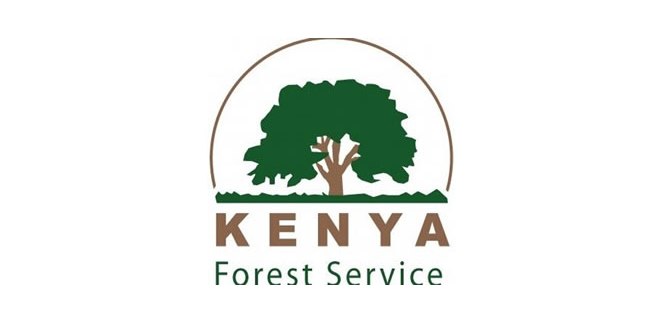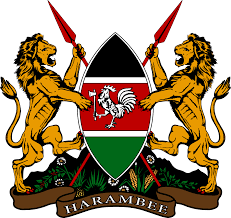Proyecto “Gestión del Agua para la Adaptación” (Brochure)
The objective of the ‘Water Management Adaptation’ Project is to build capacity for good governance and adaptation to climate change through applied research, awareness, public participation and demonstrative experiences, for effective water management based on an ecosystems integrated management approach.





